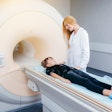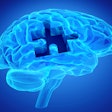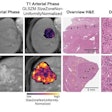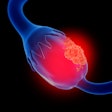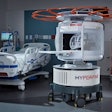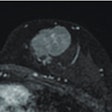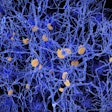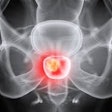Dear MRI Insider,
As a recipient of the MRI Insider, you have an exclusive first look at a new study fresh from last week's RSNA meeting: The study from the Cleveland Clinic found that MRI is useful in boosting diagnostic confidence for detecting knee disorders and altering patient care management for the better.
By knowing ahead of time the best course of action to take from the MRI results, the researchers speculated that healthcare costs could be reduced and the diagnostic confidence of physicians who may not be skilled in interpreting MRI results could improve. Read more by clicking here.
Also in this issue of the MRI Insider is a fascinating study on how eating baked or broiled fish at least once a week can reduce the risk of developing Alzheimer's disease. With MRI showing the relationship between lifestyle and never-seen-before changes in the brain, lead study author Dr. Cyrus Raji, PhD, from the University of Pittsburgh Medical Center, said this is the first study to establish a direct connection between fish consumption, brain structure, and the risk of Alzheimer's disease.
Also check out a report from this week's San Antonio Breast Cancer Symposium on using the quantitative MRI measures diffusion-weighted imaging and dynamic contrast-enhanced imaging to guide breast cancer treatment and predict patient prognosis.
Meanwhile, a new study published in the December issue of the Lancet found limited evidence that breast MRI can influence the selection of surgical treatment or reduce the number of subsequent operations. While the researchers from Memorial Sloan-Kettering Cancer Center don't question MRI's value in screening women at high risk of breast cancer, there is some doubt about the modality's efficacy for women of average risk of breast cancer.
In more breast cancer news, 3-tesla 3D MR spectroscopy provides high diagnostic sensitivity and specificity for distinguishing between benign and malignant breast lesions within reasonable measurement times, according to a study published in the December issue of Radiology. Researchers from the Medical University of Vienna found that MR spectroscopy achieved high sensitivity, specificity, and diagnostic accuracy in less than 12 minutes.
And last but not least, the rapid rise of advanced imaging modalities, such as CT and MRI, at the start of this century is coming to an end, according to researchers at Thomas Jefferson University in Philadelphia. The study found a significant decline in MRI's growth rate from 2007 to 2009, due to a number of factors.
Be sure to stay in touch with the MRI Digital Community on a daily basis, as we report on the most relevant and novel MRI research presented at this year's RSNA meeting.

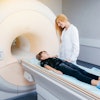
.fFmgij6Hin.png?auto=compress%2Cformat&fit=crop&h=100&q=70&w=100)



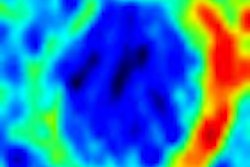
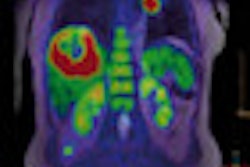
.fFmgij6Hin.png?auto=compress%2Cformat&fit=crop&h=167&q=70&w=250)
